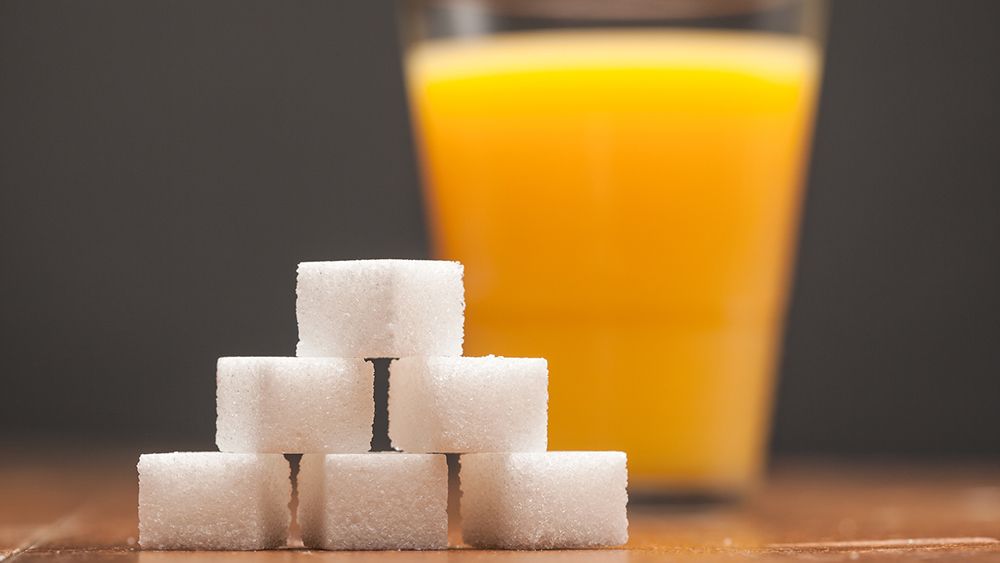HONOLULU — A recently launched public service announcement aims to inform parents and caregivers that sweetened fruit drinks marketed to keiki can contain just as much sugar as soda.
The Hawaii Department of Health’s “Sweet Lies!” campaign invites a closer look at the beverage industry’s deceptive marketing techniques that depict images of fruit alongside words such as “juice,” “natural” and “100% vitamin C” that mislead parents into thinking the drinks are healthy when the sugar content can lead to tooth decay, early weight gain and contribute to diet-related diseases, including diabetes, similar to the effects of soda.
The DOH news release cites Hawaii’s Young Children Health Survey that shows 75% of Hawaii keiki consume one or more sweetened fruit drinks, sports drinks, energy drinks or tea drinks daily.
Feedback from focus groups consisting of parents and grandparents helped develop the “Sweet Lies!” campaign. Most knew that sodas are too sugary, but were unaware that sweetened fruit juice can contain just as much sugar.
“It was evident during our focus groups that parents and grandparents are trying to make healthy decisions for their keiki,” said Lola Irvin, Department of Health administrator of the Chronic Disease Prevention and Health Promotion Division, in a news release. “However, pictures of fruit on packaging and products labeled ‘natural,’ and ‘100% vitamin C’ are deceiving families into thinking sweetened fruit drinks are healthy, when in fact, they are filled with sugar.”
Health experts do not recommend sweetened fruit drinks or other sugary beverages for keiki. The best choice is water or unflavored milk.
The Children’s Healthy Living Program surveyed residents of Kauai, Nanakuli, Waimanalo, Wailuku, Molokai and Hilo for over six years. Its data showed that 13.5% to 43.5% of young children in these communities are overweight or obese.
The campaign will run through April 30 on TV, radio, digital, social media and in malls statewide.
Sarah Yamanaka covers events, environmental and community news for Spectrum News Hawaii. She can be reached at sarah.yamanaka@charter.com.



